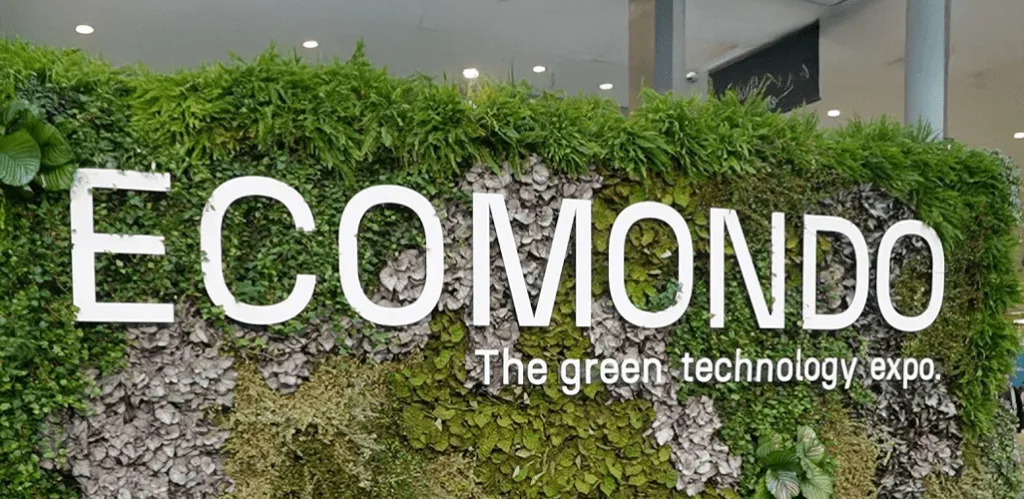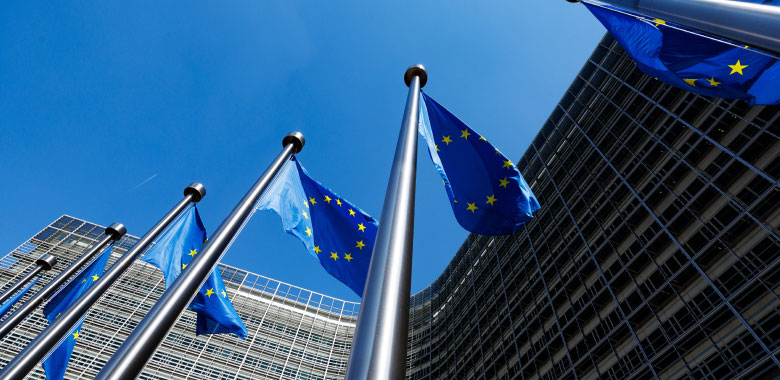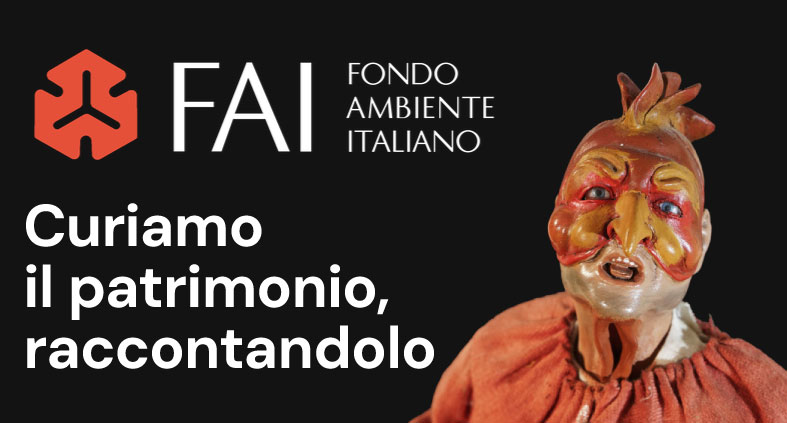Sostenibilità e innovazione digitale: strategie per il 2025

Sostenibilità e innovazione digitale sono i pilastri su cui costruiamo il futuro delle imprese. In Tecno Group, non ci limitiamo a seguire il cambiamento: lo creiamo. Abbiamo scelto di non essere semplici osservatori delle trasformazioni del mercato, ma di guidarle attivamente, offrendo alle aziende strumenti concreti per affrontare un mondo sempre più complesso e competitivo. […]
Ecomondo 2024: un’esperienza da ricordare

Anche quest’anno Ecomondo, giunto alla sua 27ª edizione, si è confermato uno degli appuntamenti più attesi nel panorama nazionale dell’economia circolare e delle strategie ESG. Con oltre 1.500 realtà aziendali, provenienti da più di 120 paesi, questa fiera rappresenta un vero e proprio crocevia di idee, tecnologie e obiettivi comuni. Per noi di Tecno Group, […]
ESG reporting: the CSRD directive in Italy

The CSRD directive was issued by the European Commission with the aim of increasing the transparency of companies regarding their environmental, social and governance impacts through more stringent reporting requirements for many companies and specific requirements for both sustainability reporting and verification of this information. July 6, 2024 is the CSRD’s target date for transposition […]
Employer branding strategy and sustainability in business

Over the past few decades, the concept of corporate sustainability has increasingly gained prominence on the agenda of global businesses. With increasing awareness of the environmental, social and economic impact of their operations, companies have moved toward more responsible and sustainable practices. In this context, employer branding has taken on a crucial role as […]
Come e perché diventare Società Benefit?

Le società benefit rappresentano un nuovo approccio al business: al raggiungimento dei profitti si aggiungono benefici di carattere sociale ed ambientale, che coinvolgono gli stakeholder interni ed esterni all’azienda. Un’efficace attività di stakeholder engagement contribuisce al successo dell’impresa, in quanto azienda e stakeholder si influenzano a vicenda. Cosa sono le società benefit? Perché sempre […]
How and why to become a Benefit Society?
Benefit companies represent a new approach to business: social and environmental benefits are added to the achievement of profits, involving stakeholders inside and outside the company. Effective stakeholder engagement contributes to the success of the company, as the company and stakeholders influence each other. What are benefit corporations? Why are more and more companies […]
Preservare il patrimonio culturale: il contributo di Tecno al Convegno Nazionale FAI

Il XXVIII Convegno Nazionale FAI (Fondo Ambiente Italiano) ha rappresentato un’occasione senza pari per approfondire la visione e la gestione dei beni culturali. Un evento che anche quest’anno conta sul supporto del nostro Gruppo, in qualità di sponsor ufficiale. La partecipazione di autorevoli ospiti e l’esperienza diretta della Fondazione FAI hanno reso questo evento un […]
Preserving cultural heritage: Tecno’s contribution to FAI National Convention

The XXVIII FAI (Fondo Ambiente Italiano) National Convention provided an unparalleled opportunity to take a closer look at the vision and management of cultural heritage. An event that again this year counts on the support of our Group as an official sponsor. The participation of influential guests and the direct experience of the FAI Foundation […]
Transizione energetica: cos’è e perché è utile?

La transizione energetica rappresenta un processo fondamentale attraverso il quale le società si stanno gradualmente spostando da fonti di energia convenzionali, come il carbone e il petrolio, verso fonti più sostenibili e a basse emissioni di carbonio, come le energie rinnovabili e le strategie di efficienza energetica. Questa transizione è guidata principalmente dalla necessità […]
Energy transition: what is it and why is it useful?

The energy transition represents a fundamental process through which societies are gradually shifting from conventional energy sources, such as coal and oil, to more sustainable and low-carbon sources, such as renewable energy and energy efficiency strategies. This transition is driven primarily by the need to address challenges related to climate change, energy security and public […]